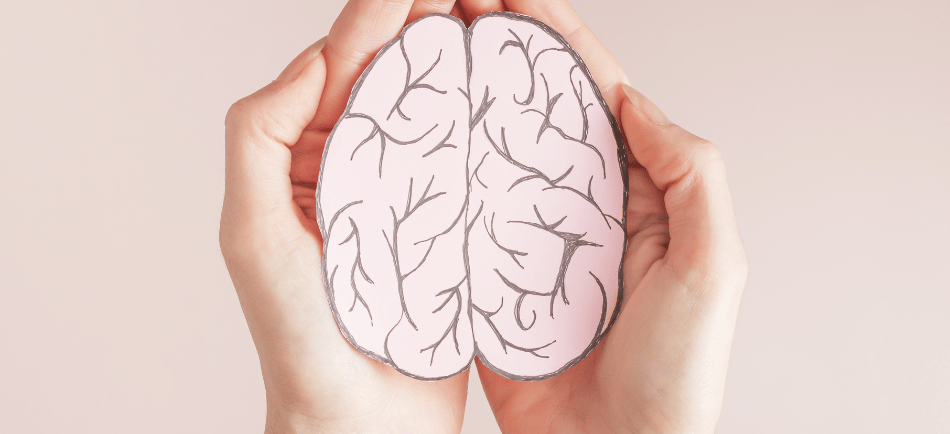Coffee and Mental Wellbeing
Coffee: Friend or Foe to Your Mental Wellbeing? Unveiling the Complex Connection
4/21/20242 min read


Coffee, the elixir of mornings (and afternoons...), is a global phenomenon. But beyond the pick-me-up buzz, how does coffee truly affect our mental health? Let's dive into the science behind this complex relationship and explore how coffee can be a friend, foe, or something in between for your mental wellbeing.
The Uplifting Brew: Coffee's Positive Effects on Mood
Coffee's magic ingredient, caffeine, acts on our brain in several ways that can positively impact mood:
Mood Booster: Caffeine increases dopamine and serotonin, neurotransmitters that play a role in feelings of happiness and reward.
Sharpened Focus: Coffee enhances alertness and cognitive function, helping us feel more energized and mentally prepared.
Reduced Risk of Depression: Studies suggest moderate coffee consumption (around 2-3 cups a day) may be linked to a lower risk of depression.
Coffee and Anxiety: Walking a Tightrope
While coffee can be a mood elevator, for some, it can trigger anxiety. Caffeine can heighten feelings of nervousness and restlessness, especially for those prone to anxiety disorders.
Listen to Your Body: Finding Your Coffee Balance
The key to a healthy coffee-mind relationship lies in understanding your own body's response. Here are some tips:
Mind Your Dosage: Excessive coffee consumption (more than 4-5 cups a day) can lead to anxiety and jitters for most people.
Quality over Quantity: Opt for high-quality coffee beans and brewing methods. Lower quality coffee can contribute to jitters and anxiety.
Afternoon Slump Solution: If you experience afternoon crashes after your morning coffee, consider a smaller afternoon cup instead of a larger dose.
Listen to Your Body: Pay attention to how you feel after consuming coffee. If it worsens anxiety, consider cutting back or opting for decaf.
Coffee as Part of a Healthy Lifestyle
Remember, coffee should complement a healthy lifestyle, not replace it. Here are some additional tips for promoting good mental wellbeing:
Prioritize Sleep: A good night's sleep is crucial for mental health. Avoid caffeine close to bedtime, as it can disrupt sleep patterns.
Nourish Your Body: Eat a balanced diet rich in fruits, vegetables, and whole grains to support your overall health and mental well-being.
Move Your Body: Regular exercise is a powerful mood booster. Find an activity you enjoy and get moving!
The Final Sip: Coffee and Your Mental Health
Coffee can be a powerful tool for enhancing focus, mood, and overall well-being. But it's important to find your personal balance and listen to your body's response. By being mindful of your coffee consumption and incorporating healthy habits, you can turn this daily cup into a true friend for your mental health.

